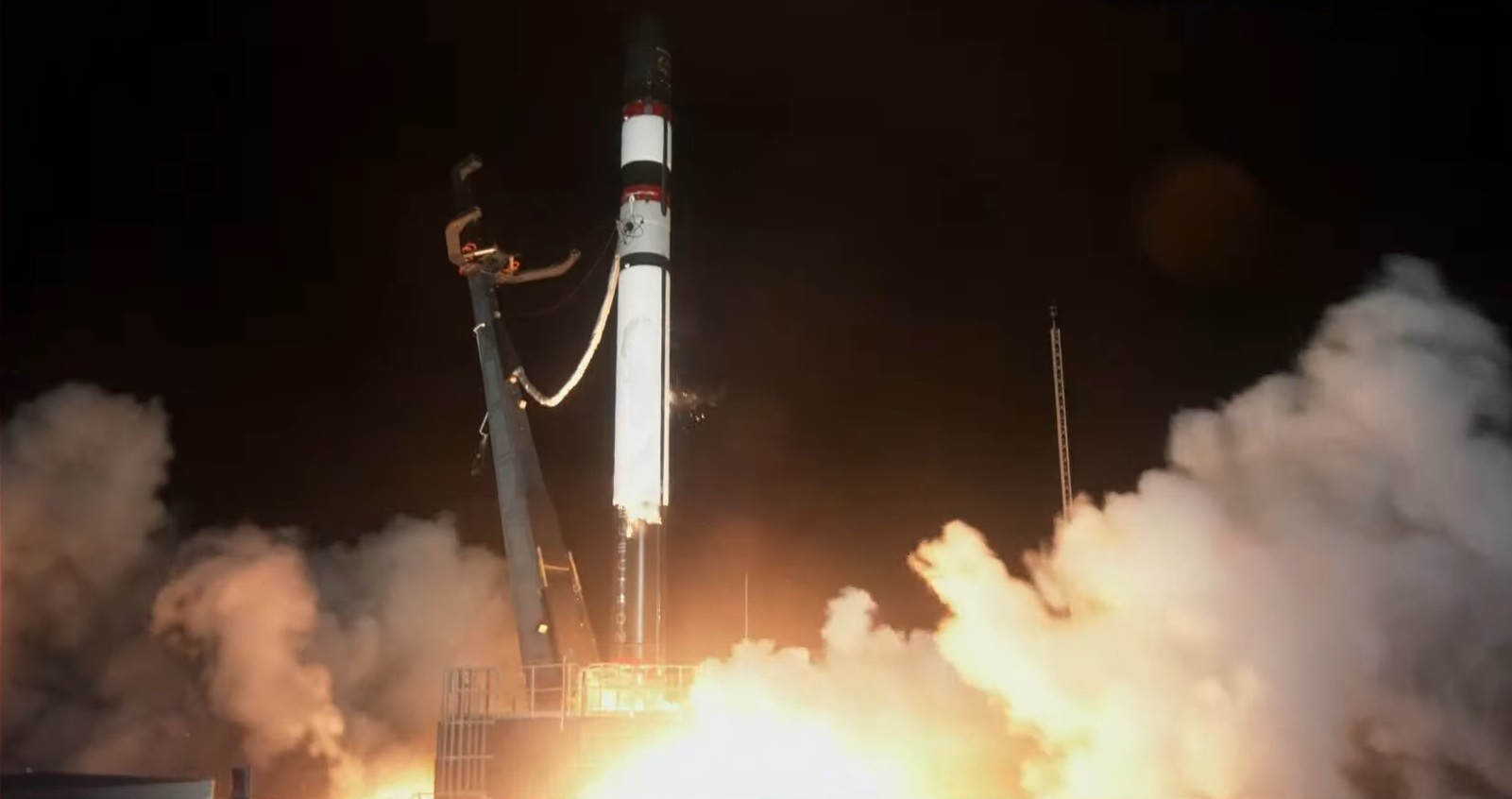FAA clears Rocket Lab to start flying again after failed launch

Breaking space news, the latest updates on rocket launches, skywatching events and more!
You are now subscribed
Your newsletter sign-up was successful
Want to add more newsletters?

Delivered daily
Daily Newsletter
Breaking space news, the latest updates on rocket launches, skywatching events and more!

Once a month
Watch This Space
Sign up to our monthly entertainment newsletter to keep up with all our coverage of the latest sci-fi and space movies, tv shows, games and books.

Once a week
Night Sky This Week
Discover this week's must-see night sky events, moon phases, and stunning astrophotos. Sign up for our skywatching newsletter and explore the universe with us!

Twice a month
Strange New Words
Space.com's Sci-Fi Reader's Club. Read a sci-fi short story every month and join a virtual community of fellow science fiction fans!
Rocket Lab has cleared a big hurdle on its road back to the launchpad.
The U.S. Federal Aviation Administration (FAA) has authorized Rocket Lab to resume launches, less than three weeks after its Electron booster suffered a major anomaly, representatives of the California-based company announced on Wednesday (June 2). But Rocket Lab still needs to finish its mishap investigation before it can start flying again.
Electron is a small satellite launcher designed to carry payloads of up to 660 lbs. (500 kilograms) to low Earth orbit. The 59-foot-tall (18 meters) rocket consists of two stages, the first of which is powered by nine Rutherford engines while the second uses just one. Both stages are fueled by liquid oxygen and refined kerosene.
Related: Rocket Lab and its Electron booster (photos)
The problem occurred about 200 seconds into a May 15 mission called "Running Out of Toes," which aimed to loft two Earth-observation satellites for the company BlackSky. Both spacecraft were lost.
The Electron rocket's first stage performed perfectly during the launch, company representatives said. The booster returned to Earth under a parachute as planned for a soft ocean splashdown as part of Rocket Lab's quest to make Electron first stages reusable. The company recovered the booster and plans to refly some of its components on future missions.
Things went wrong on "Running Out of Toes" just after the second stage's engine fired up. At that point, "the engine computer detected that conditions for flight were not met and performed a safe shutdown," Rocket Lab representatives wrote in an update Wednesday.
Breaking space news, the latest updates on rocket launches, skywatching events and more!
The company, with oversight from the FAA, is still investigating exactly what happened.
"With a vehicle with so much flight history and our heavy mission assurance and quality focus, any anomaly was always going to be a complex failure, and this one is turning out to be an intricate and layered failure analysis," Rocket Lab founder and CEO Peter Beck said in Wednesday's update.
"However, we have successfully replicated the failure in testing and determined it required multiple conditions to occur in flight," he added. "We are now piecing together the sequence of events and preparing corrective actions for a safe and swift return to flight."
"Running Out of Toes" got its name because it was the 20th overall Electron mission. An Electron also suffered a mission-ending anomaly on the booster's 13th flight, which took place on July 4, 2020. Rocket Lab traced that issue to a bad electrical connection in the rocket's upper stage and got back on the pad quickly, successfully launching its next mission on Aug. 31.
Mike Wall is the author of "Out There" (Grand Central Publishing, 2018; illustrated by Karl Tate), a book about the search for alien life. Follow him on Twitter @michaeldwall. Follow us on Twitter @Spacedotcom or Facebook.

Michael Wall is a Senior Space Writer with Space.com and joined the team in 2010. He primarily covers exoplanets, spaceflight and military space, but has been known to dabble in the space art beat. His book about the search for alien life, "Out There," was published on Nov. 13, 2018. Before becoming a science writer, Michael worked as a herpetologist and wildlife biologist. He has a Ph.D. in evolutionary biology from the University of Sydney, Australia, a bachelor's degree from the University of Arizona, and a graduate certificate in science writing from the University of California, Santa Cruz. To find out what his latest project is, you can follow Michael on Twitter.
